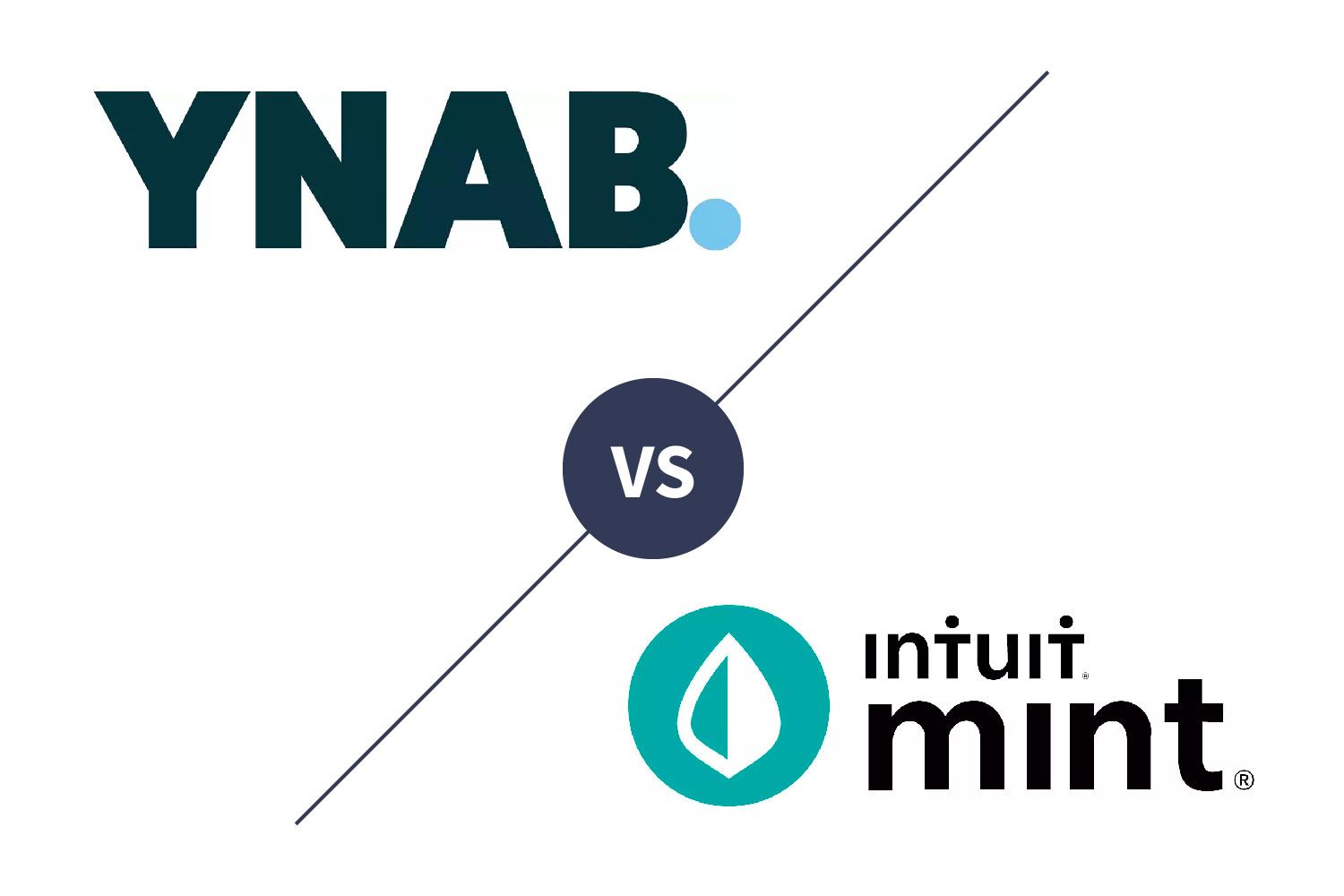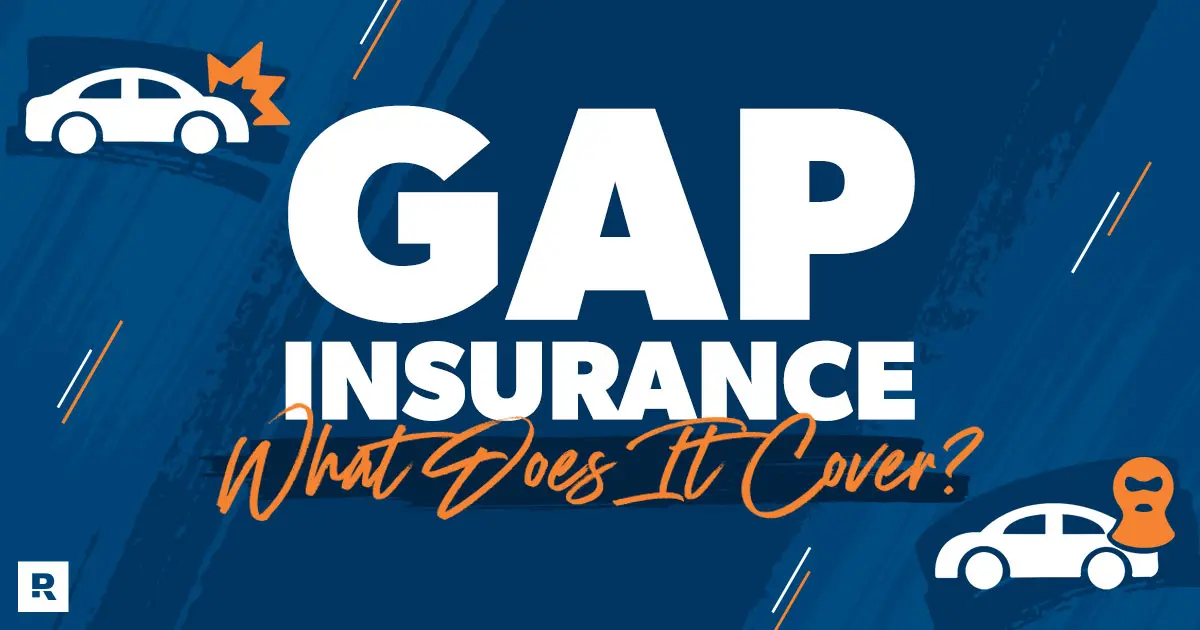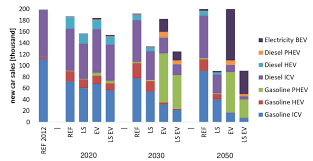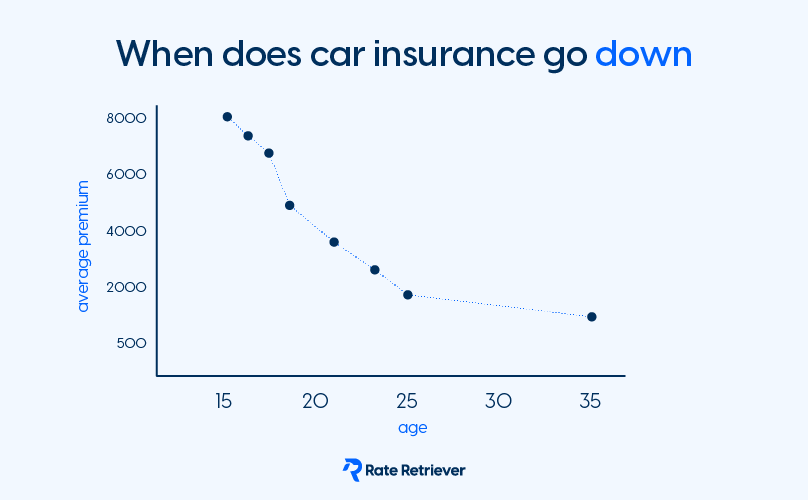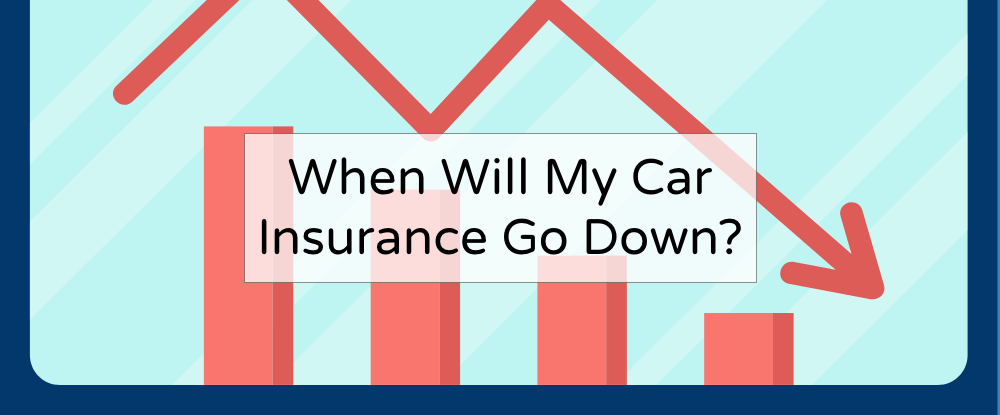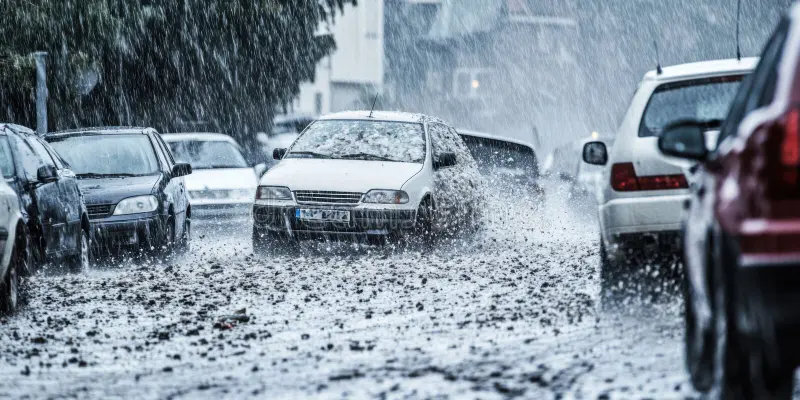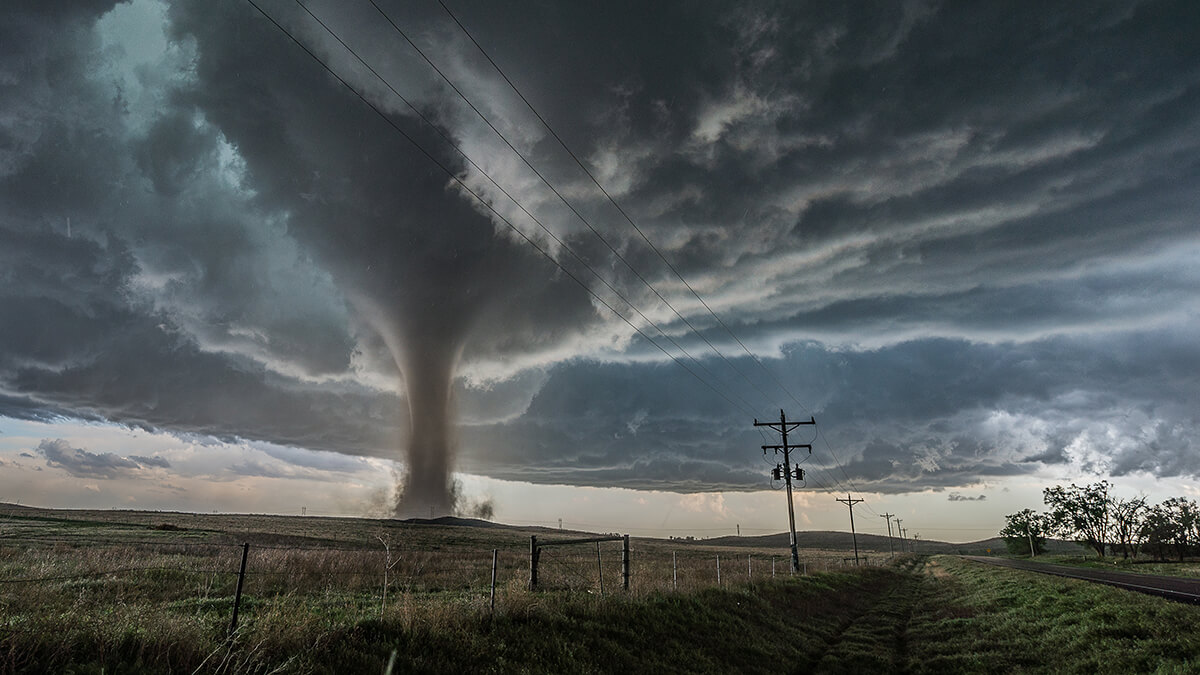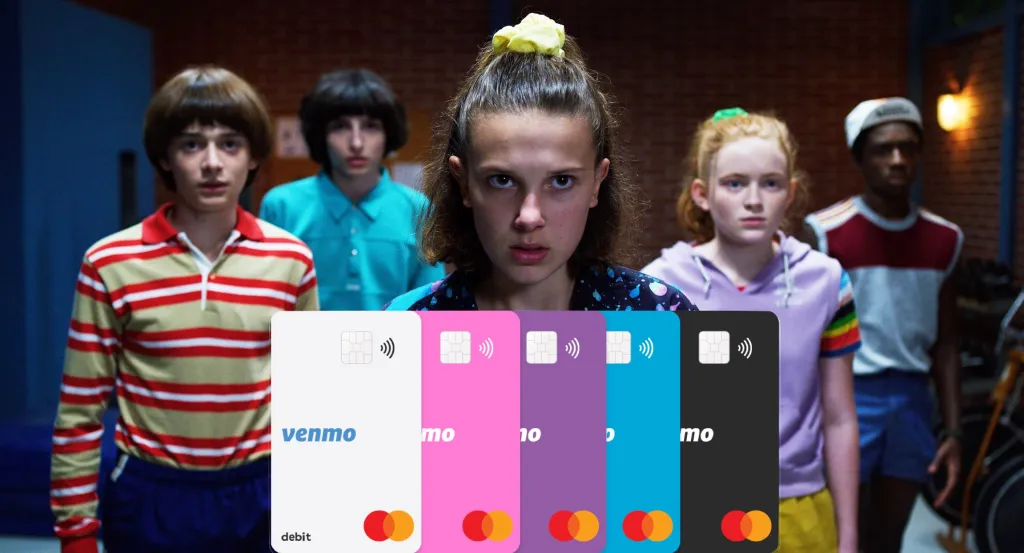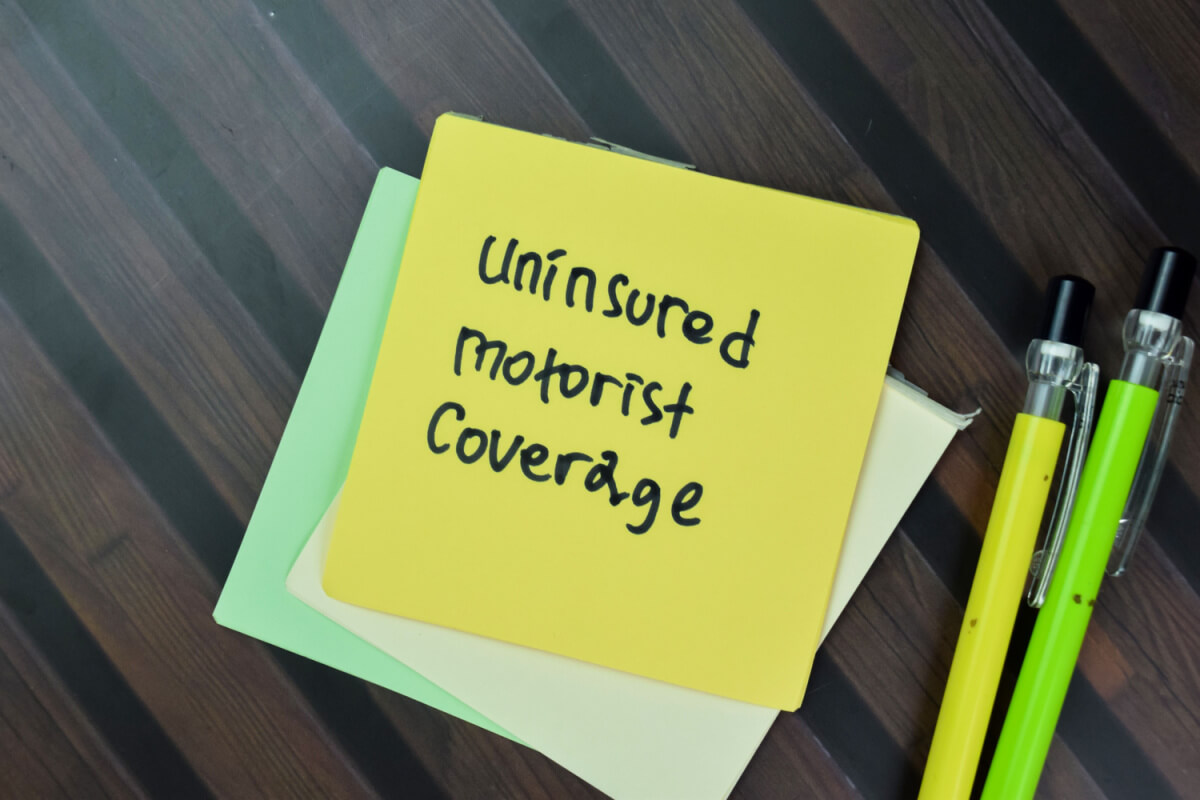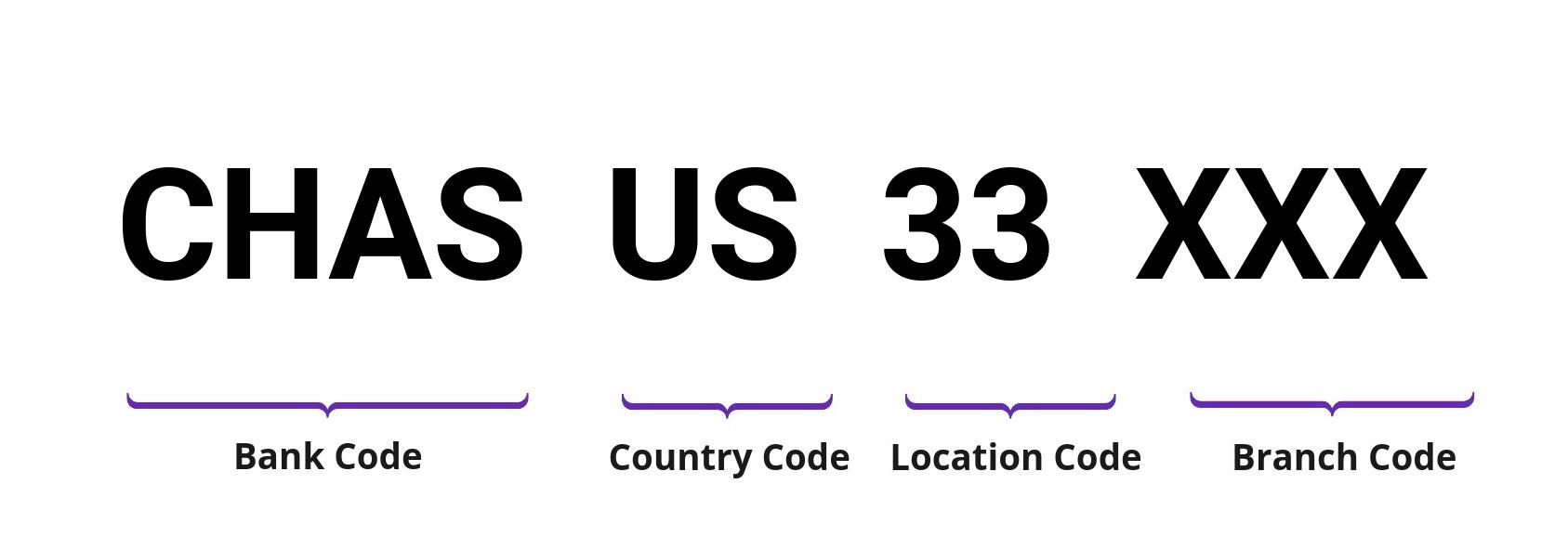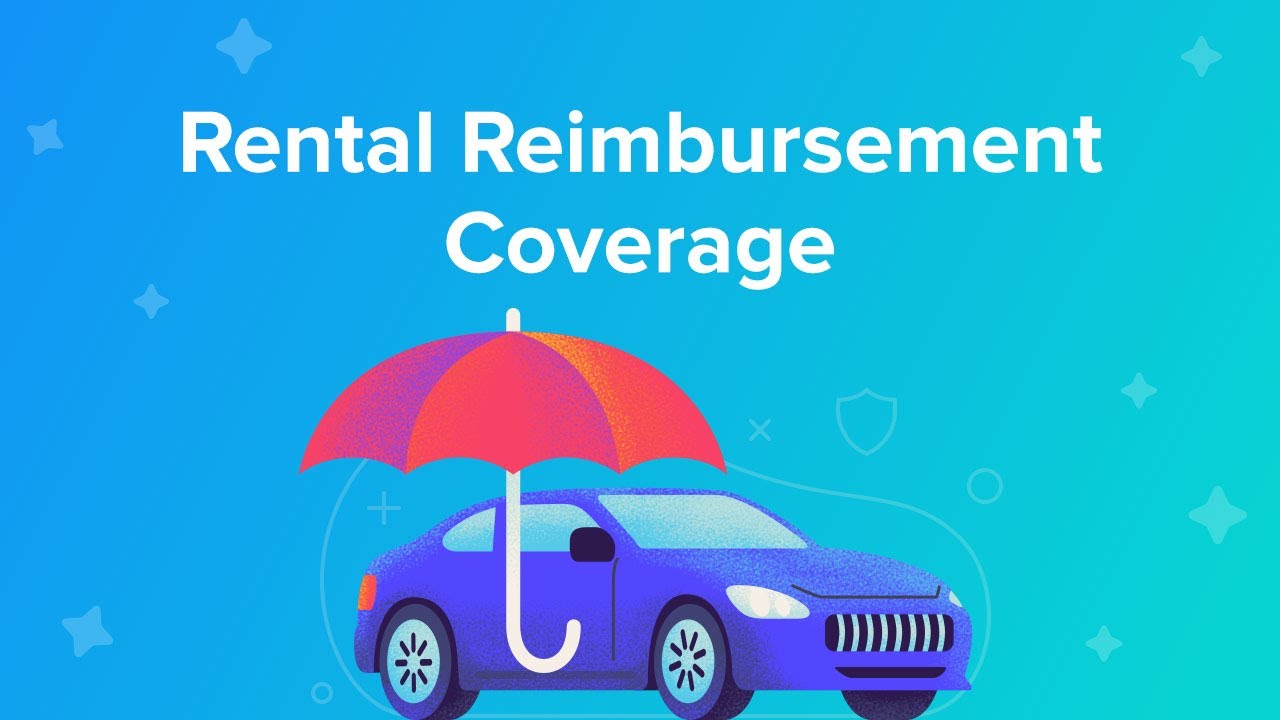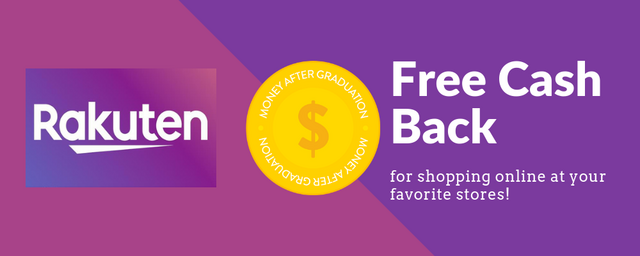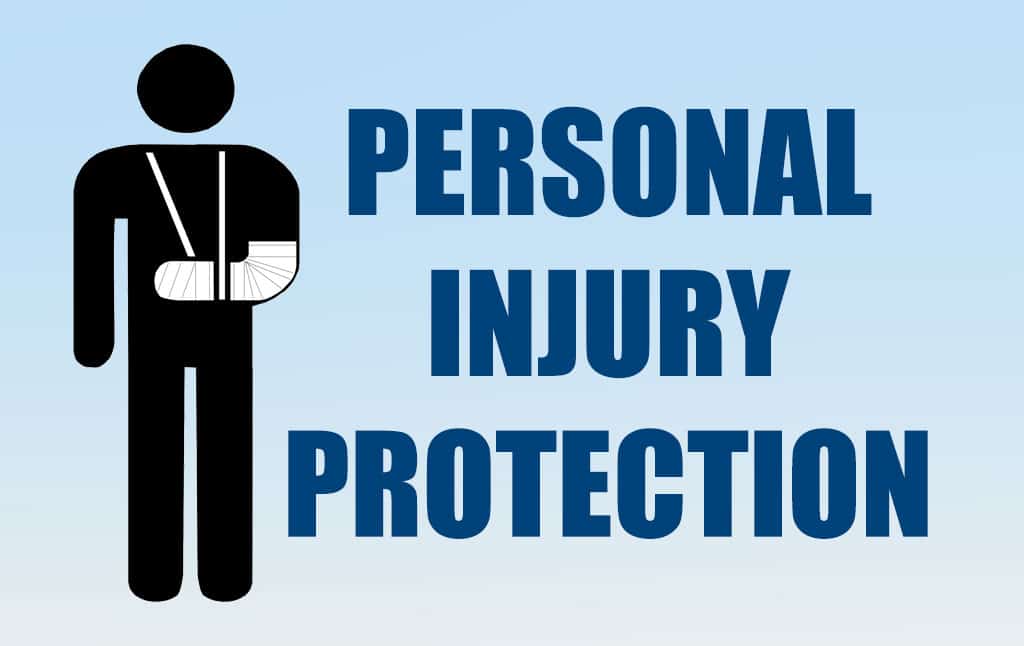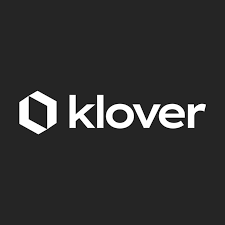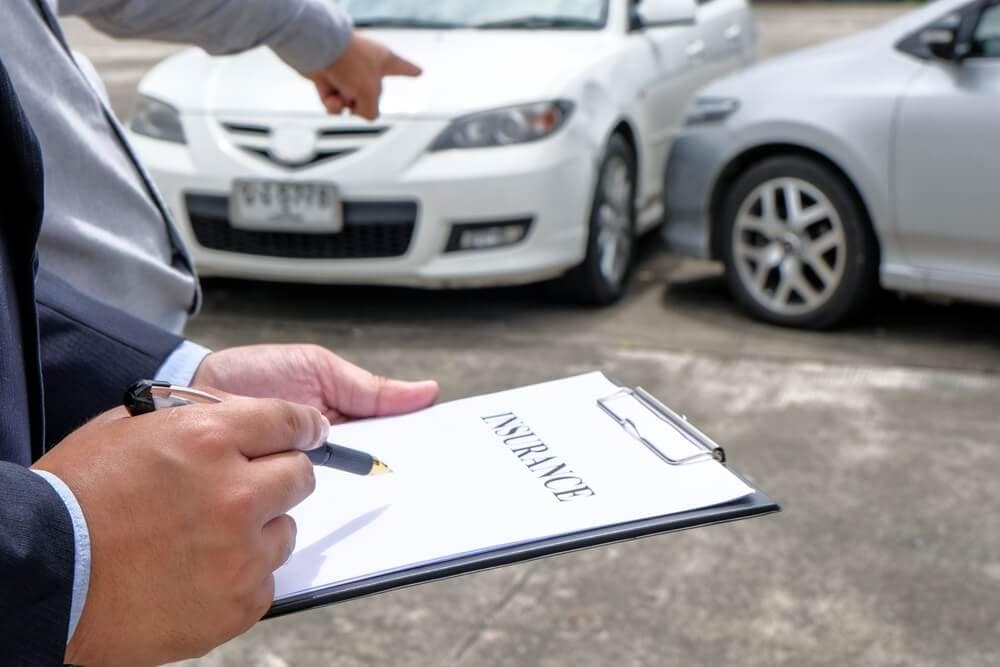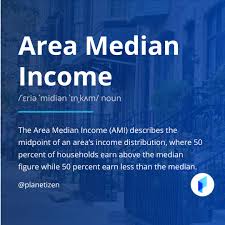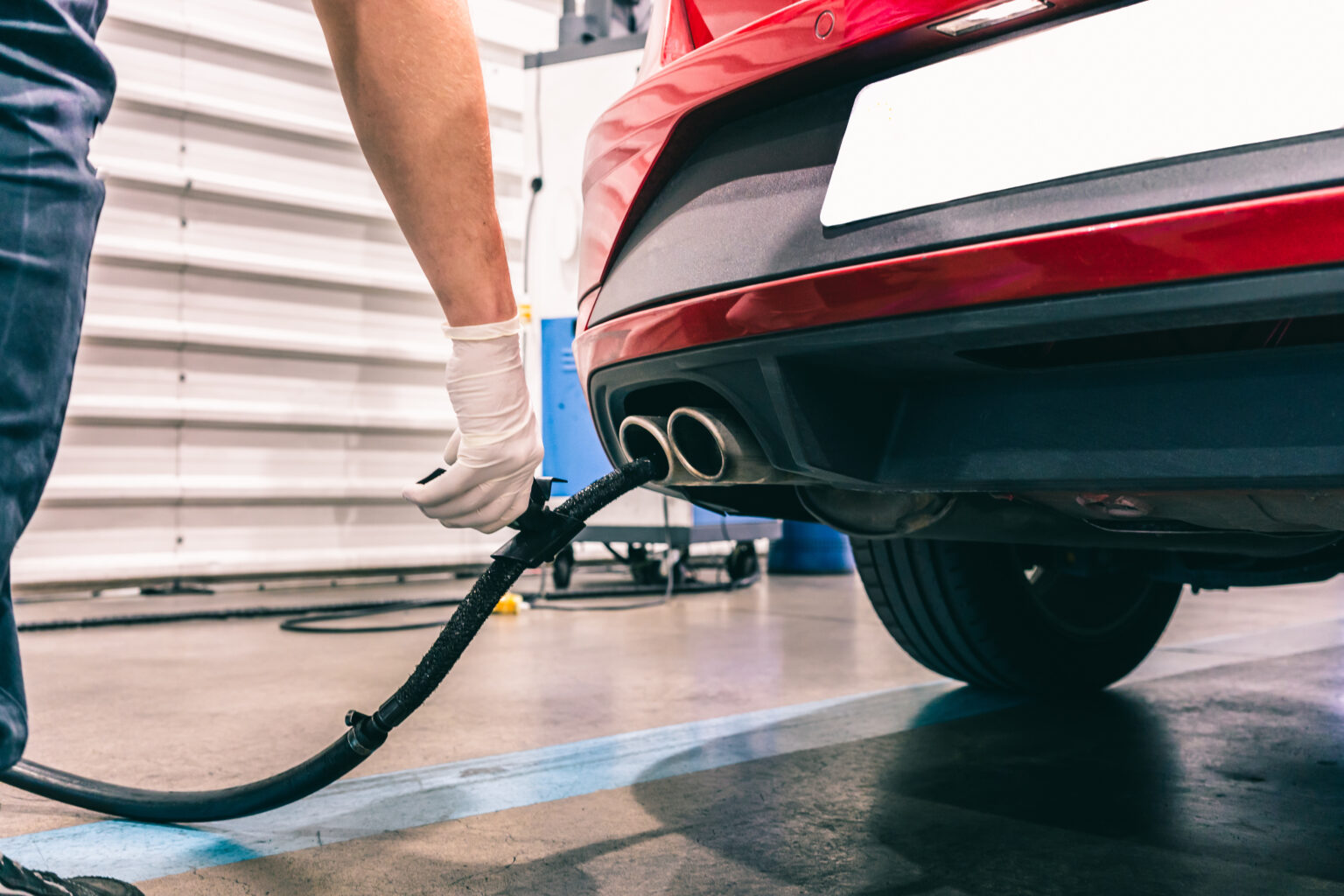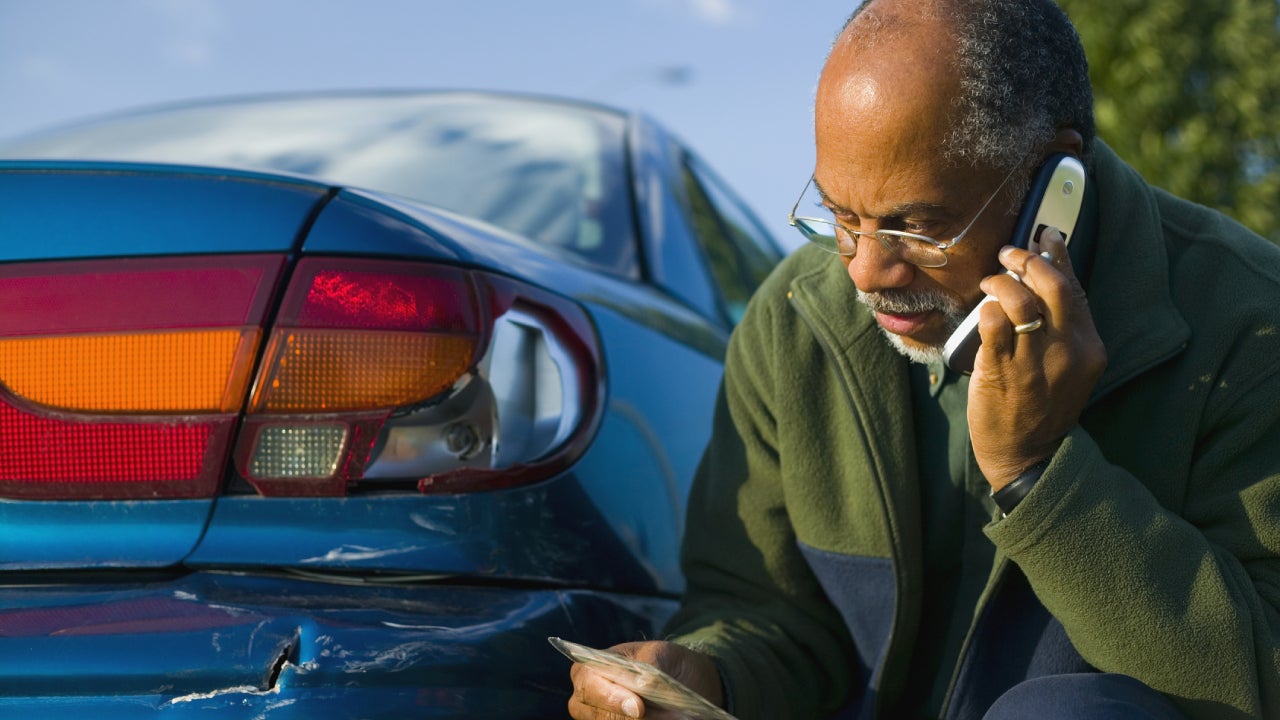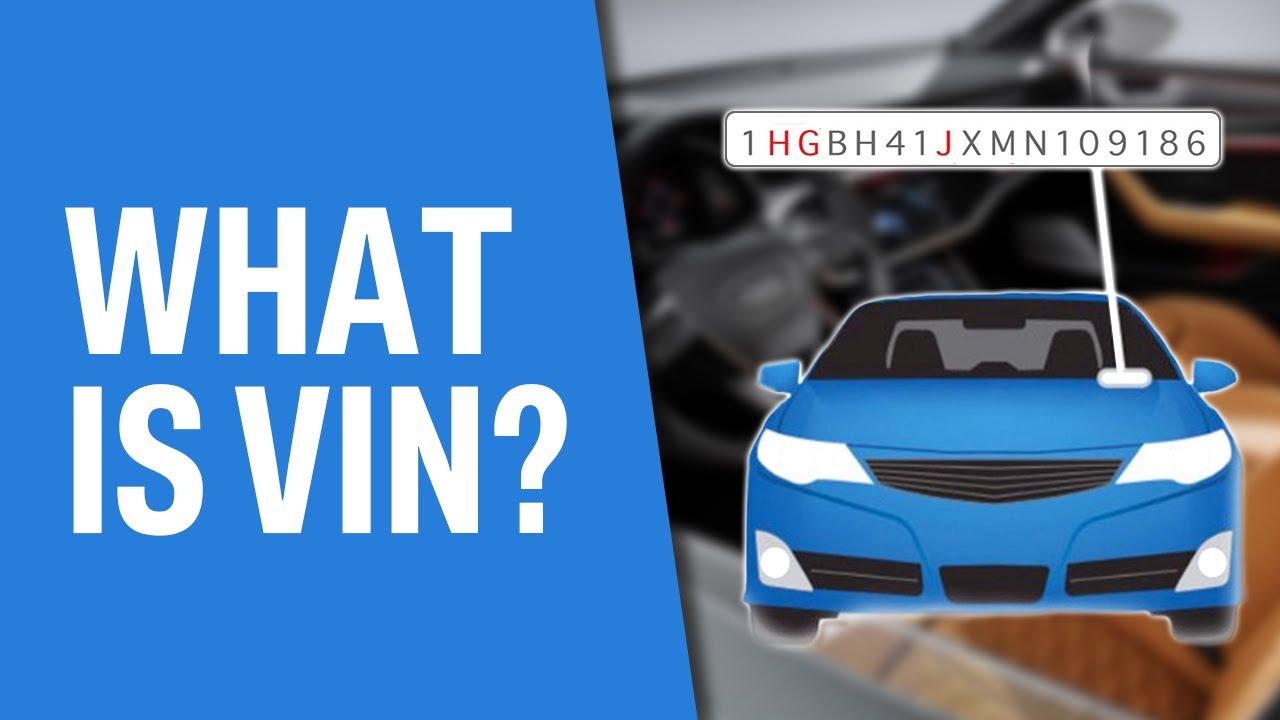Rental reimbursement coverage is an optional auto insurance add-on that helps pay for a rental car if your vehicle is damaged in a covered accident and cannot be driven. To add this coverage, you typically need comprehensive and collision insurance.
This coverage usually pays for a rental car up to a daily dollar limit for a set number of days. Without it, you would need to cover the rental costs yourself if your car is in the shop after an accident.
How Rental Reimbursement Coverage Works
- Direct billing: Some insurers can bill rental car companies directly for approved claims.
- Reimbursement: If direct billing isn’t available, submit rental receipts to your insurance company for reimbursement under your policy terms.
Deductibles and Coverage Limits
- Rental reimbursement coverage usually has no separate deductible.
- Coverage applies only when your vehicle is in a covered accident (not for mechanical breakdowns).
- Limits vary by insurer: typically $40–$70 per day for up to 30–45 days depending on your state.
- Example: If your policy covers $50/day with a $1,500 total cap, you can be reimbursed $50/day until the $1,500 limit is reached.
Who Pays for a Rental Car After an Accident?
- If you have rental reimbursement coverage, you can file a claim regardless of fault.
- If another driver caused the accident, their insurance may eventually cover the rental, but using your policy can speed up access to a car.
- Rental coverage does not pay for mechanical breakdowns or routine maintenance issues.
What Isn’t Covered
- Luxury or exotic cars (unless within policy limits)
- Fuel, security deposits, and extra rental insurance purchased from the rental company
Cost of Rental Reimbursement Coverage
- The price varies by insurer and your policy.
- Generally, the coverage adds only a small monthly premium and can protect you from large, unexpected rental costs.
Is Rental Reimbursement Coverage Worth It?
- Ideal for drivers who want peace of mind after an accident.
- Can provide faster rental access than waiting for an at-fault driver’s insurance to process a claim.
- Helps avoid out-of-pocket expenses for extended rental periods.
How to Add Rental Reimbursement Coverage
New customers: Get a quote for auto insurance and include rental reimbursement coverage.
Existing customers: Log in to your policy or call your insurance provider to add coverage for future claims.
💡 Pro tip: You can update your policy at any time, but coverage added after an accident only applies to future incidents.
